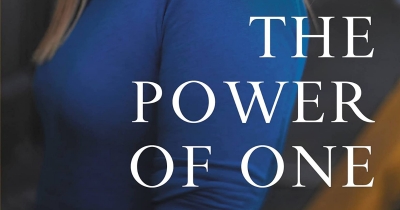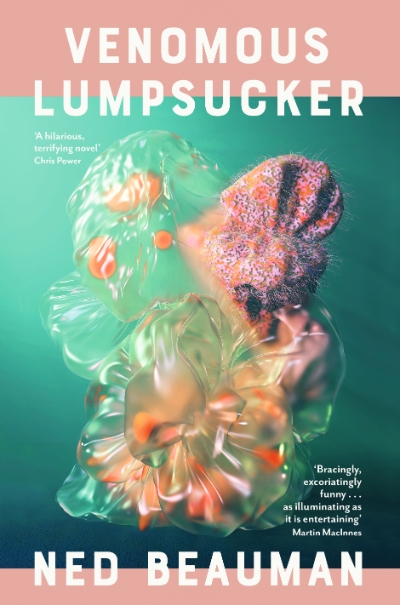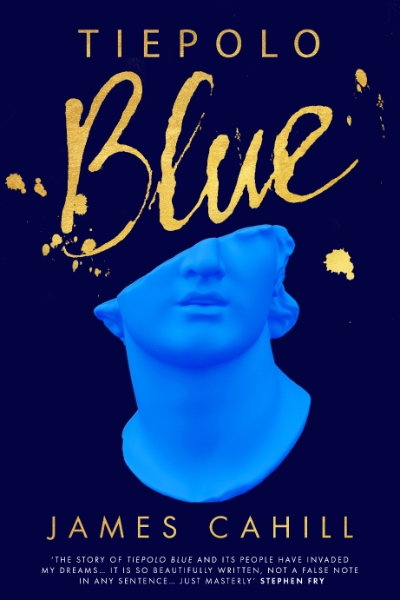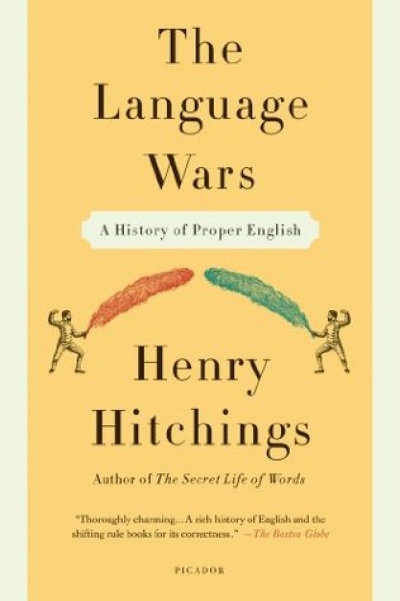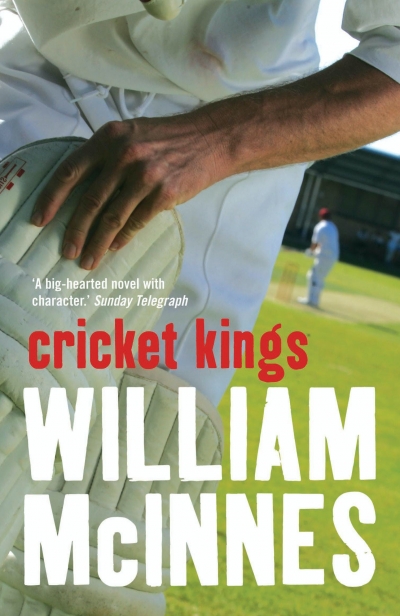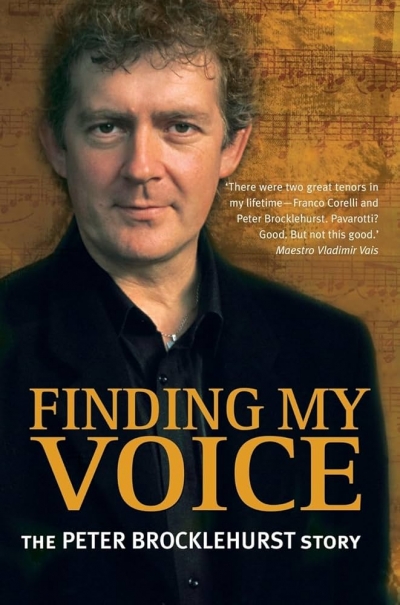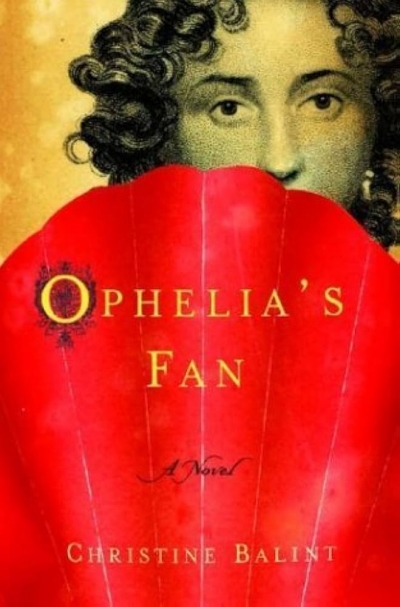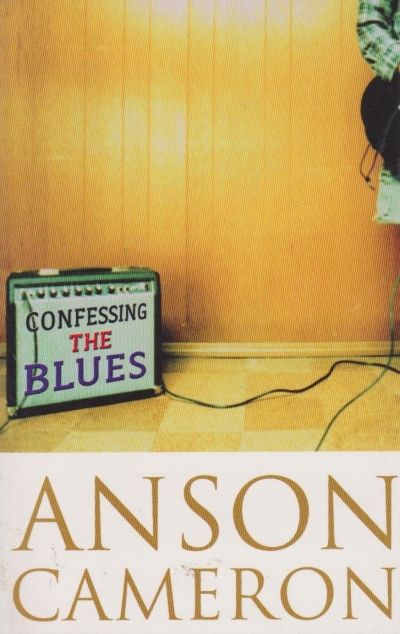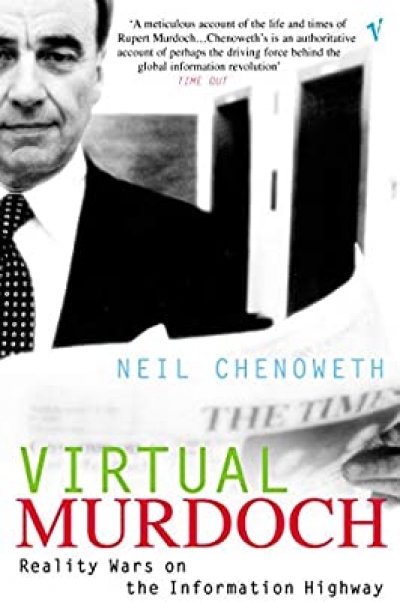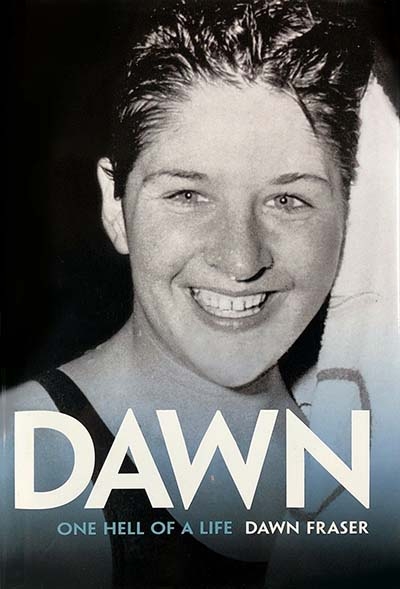Hodder & Stoughton
The Power of One: Blowing the whistle on Facebook by Frances Haugen
by Kieran Pender •
The Language Wars: A History of Proper English by Henry Hitchings
by Bruce Moore •
Finding My Voice by Peter Brocklehurst with Debbie Bennett & Wings of Madness by Jo Buchanan
by John Rickard •
Ophelia's Fan by Christine Balint & Always East by Michael Jacobson
by Carolyn Tétaz •
Confessing the Blues by Anson Cameron & Saigon Tea by Graham Reilly
by James Bradley •
Virtual Murdoch by Neil Chenoweth & Working for Rupert by Hugh Lunn
by Gideon Haigh •

